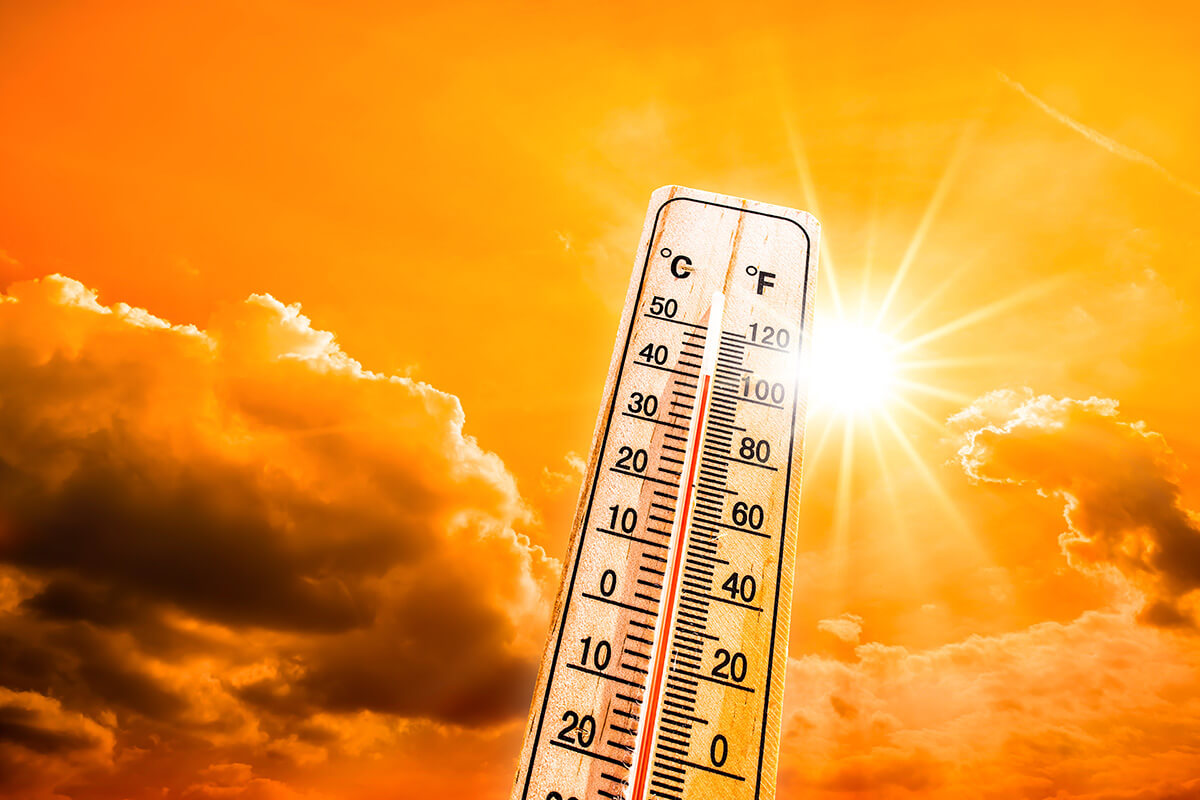The Ultimate House Viewing Checklist for Buyers
06 Jan
Please wait...
20 Mar

The Caribbean Climate Outlook Forum (CariCOF), headquartered in Barbados, has issued a forecast indicating a weakening El Niño phenomenon in the Pacific Ocean and near-record warm temperatures in the Tropical North Atlantic for the March to May period of this year.
El Niño represents a climate pattern characterized by the unusual warming of surface waters in the eastern tropical Pacific Ocean, constituting the "warm phase" of the broader El Niño-Southern Oscillation (ENSO) phenomenon.
A Notably Warmer Season
According to the latest publication from CariCOF on Caribbean Climate Outlooks, the region is expected to transition into a notably warmer season, with recurrent heatwaves likely as early as April.
March may still see high evaporation rates and a peak in short dry spells, potentially exacerbating ongoing drought conditions and increasing wildfire risks in certain regions.
However, from April to May, there is anticipated to be a sharp rise in rainfall intensity and frequency, leading to a high to extremely high potential for flooding, flash floods, and related hazards across most areas, excluding the ABC (Aruba, Bonnaire, and Curacao) Islands.
Is a Long-Term Drought Coming?
As of February 1, 2024, long-term drought has been observed in various locations, including Antigua, Dominica, French Guiana, Guadeloupe, Martinique, St. Kitts, Suriname, northern Belize, Eastern Cuba, northern Guyana, Haiti, Trinidad & Tobago, and the Windward Islands.
Additionally, by the end of May 2024, a prolonged drought will evolve in several areas such as southwest Belize, Grand Cayman, inland regions of French Guiana, northeastern and inland portions of Guyana, southwest Puerto Rico, and others.
There's a possibility of extension or persistence of drought conditions in northern Belize, Central Cuba, Dominica, coastal French Guiana, northern Guyana, and Tobago.
Prepare for Record High Temperatures
The prospect of temperatures exceeding 100 degrees Fahrenheit in multiple cities and the prolonged duration of heatwaves raises concerns about potential blackouts affecting two-thirds of the US during the summer due to increased demand for air conditioning, which consumes significant amounts of electricity.
Ways to stay safe during the heatwave:
1| Sign up for weather alerts
2| Clear your gutters and downspouts
3| Paint your house or trim a light color
4| Maintain proper drainage on property
5| Check your roof for leaks
CITED: caribbean.loopnews.com, www.winnmediaskn.com, www.dailymail.com